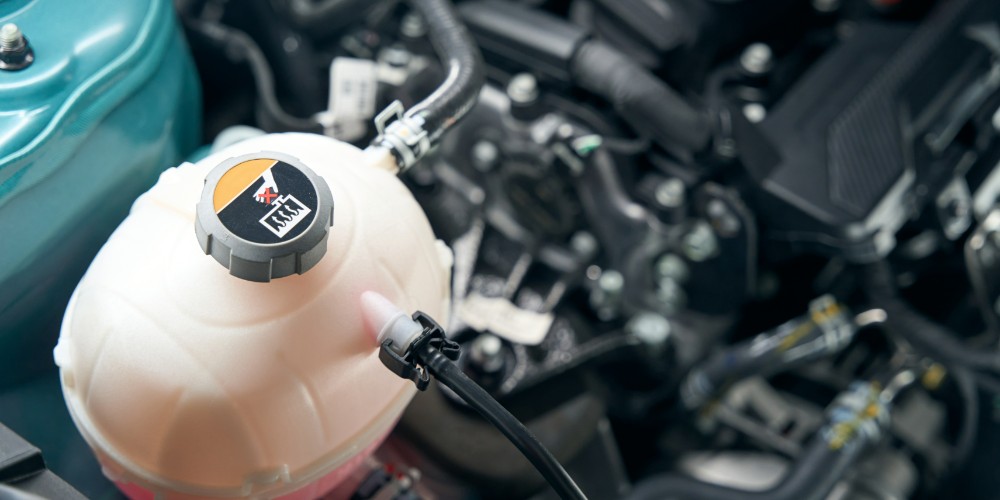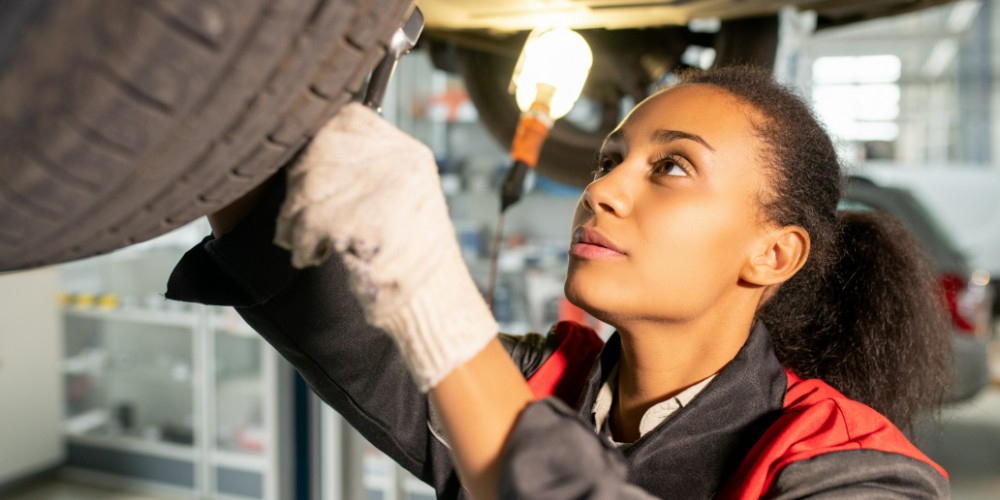What Is Car Servicing?
Car servicing refers to the maintenance tasks that are performed on your vehicle to keep it in optimal working condition. During a car service, a trained technician will inspect and service the key components of your vehicle, including the engine, brakes, suspension, and electrical system. They will also replace worn-out parts and perform necessary repairs.
Why Is Car Servicing Important?
Regular car servicing is essential for several reasons. Firstly, it helps to identify and fix potential issues before they become major problems. Secondly, it ensures that your vehicle is running efficiently, which can improve fuel economy and reduce emissions. Finally, regular servicing can help to maintain the resale value of your car, as it shows that it has been well-maintained.
Types Of Car Servicing
There are several types of car servicing, including:
Interim Service – This is a basic service that is recommended every 6 months or 6,000 miles. During an interim service, the technician will perform a visual inspection of the key components of your car and top up fluids as necessary.
Full Service – A full service is recommended every 12 months or 12,000 miles. During a full service, the technician will inspect and service all the major components of your vehicle, including the engine, brakes, suspension, and electrical system.
Major Service – It is advised to get a major service done after every 24 months or 24,000 miles. It includes all the tasks performed during a full service, as well as additional checks and repairs.
What Does A Car Service Include?
The specific tasks performed during a car service will depend on the type of service you choose. However, a typical full-service will include the following:
Engine Oil and Filter Change – The technician will drain the old oil and replace it with fresh oil, along with a new oil filter.
Brake Inspection – The technician will inspect the brakes for wear and tear and replace any worn-out components.
Suspension Inspection – The technician will check the suspension components for wear and tear and replace any worn-out parts.
Electrical System Inspection – The technician will check the electrical system, including the battery, alternator, and starter motor.
Fluid Checks and Top-ups – The technician will check and top up all the fluids in your car, including coolant, power steering fluid, and brake fluid.
Exhaust System Inspection – The technician will check the exhaust system for leaks and damage.
Tyre Inspection – The technician will check the tyre pressure and tread depth and recommend tyre replacements if necessary.
How Often Should You Service Your Car?
The frequency of car servicing will depend on several factors, including the make and model of your vehicle, your driving style, and the conditions in which you drive. As a general rule, most manufacturers recommend a full service every 12 months or 12,000 miles. It is important to consult your owner’s manual for precise recommendations.
In addition to regular servicing, it’s also important to perform routine maintenance tasks on your car, such as checking the oil and topping up the coolant. By taking care of your vehicle between services, you can help to prevent major problems from occurring.
💡 You might like this car safety checklist.
Summary
Regular car servicing is essential to ensure that your vehicle is running efficiently and safely. By choosing the right type of service and scheduling it at the recommended intervals, you can help to extend the life of your car and maintain its value. If you notice any issues with your vehicle between services, such as strange noises, warning lights, or reduced performance, it’s important to address them promptly to prevent further damage.





